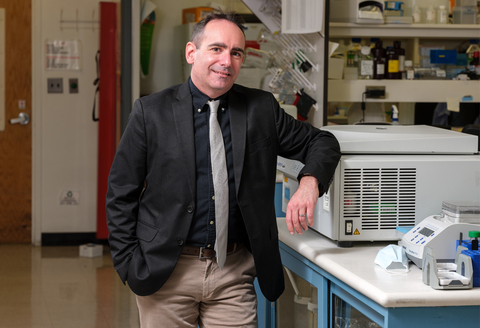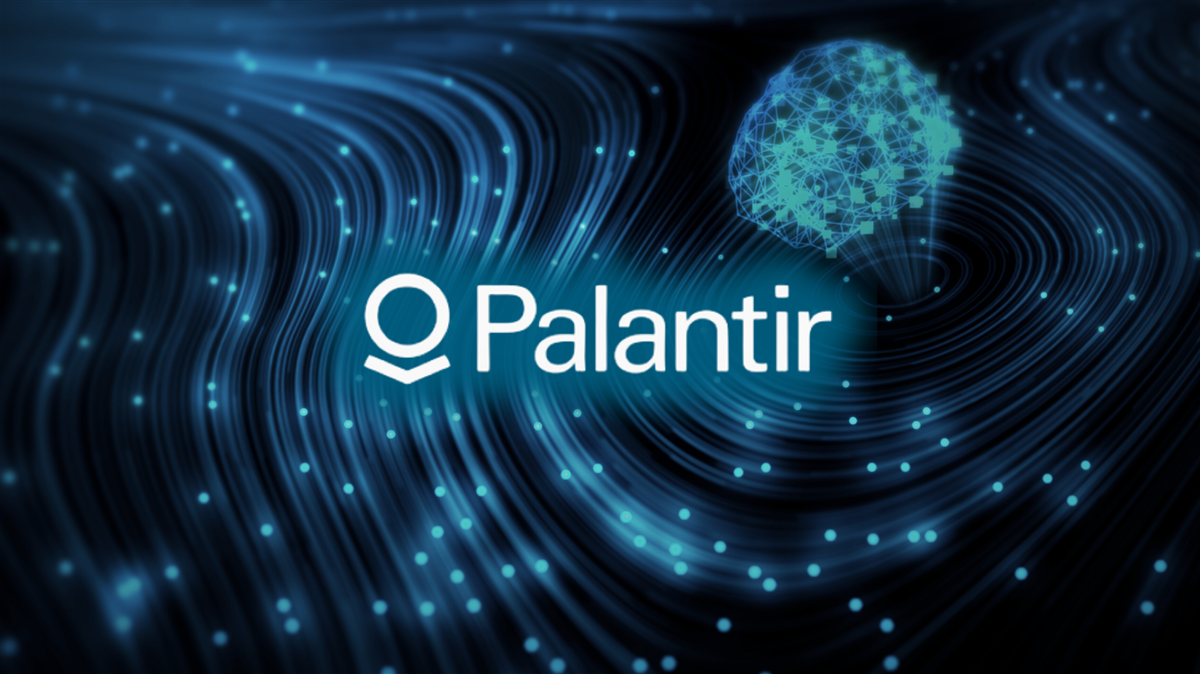Please replace the caption with the accompanying corrected caption.
This press release features multimedia. View the full release here: https://www.businesswire.com/news/home/20220118006167/en/

Lionel Blanc, PhD is a professor in the Institute of Molecular Medicine at the Feinstein Institutes for Medical Research. (Credit: Feinstein Institutes)
The release reads:
INFLAMMATION PROTEIN CONTRIBUTES TO ANEMIA OF CHRONIC DISEASE BY PREVENTING RED BLOOD CELL FORMATION
More than one billion people worldwide suffer from anemia of inflammation or anemia of chronic diseases (ACD) – and for the first time we may know why. New research from The Feinstein Institutes for Medical Research, published in Blood, shows that high mobility group box-1 protein (HMGB1) prevents the body’s ability to produce sufficient levels of oxygen-rich red blood cells. The discovery opens up new avenues of research to develop therapies to target HMGB1 and better treat ACD.
For those with ACD, inflammation prevents the body from using stored iron to make enough healthy red blood cells, leading to anemia. Patients at risk for ACD include those with sepsis, autoimmune diseases, cancer and chronic kidney disease, among other conditions. Common hormone therapy to promote blood cell formation – erythropoietin (EPO) treatment – has been shown ineffective for those with ACD. The new study led by Lionel Blanc, PhD, suggests that HMGB1, a protein that signals inflammation in the body, interferes with EPO signaling to produce the needed blood cells.
“You need red blood cells to carry oxygen throughout the body; the inability to do so is known as anemia. Patients with chronic inflammation often develop anemia, but the molecular understanding remains unclear,” said Dr. Blanc, corresponding author of the study. “Our findings pinpoint HMGB1 as potential cause for interrupting that critical hemoglobin formation and opens up new avenues of research to develop therapies to help those with ACD.”
Dr. Blanc and his team had previously linked HMGB1 in sepsis-associated anemia in mice. HMGB1 is a protein that helps facilitate inflammation. In this study, researchers found that HMGB1 stops erythropoiesis by inhibiting the EPO signaling pathway in an in vitro (test tube) model of human erythropoiesis and in mice with chronic inflammation. This new knowledge helps add to the basic understanding of anemia of inflammation, resistance to EPO therapy and for future experimental therapeutic strategies to target HMGB1.
“Dr. Blanc’s discovery solves a mystery that has puzzled physicians for decades, which is why does treatment with EPO fail to reverse the anemia of chronic disease,” said Kevin J. Tracey, MD, president and CEO of the Feinstein Institutes and co-senior author on the paper. “By unraveling a completely unsuspected mechanism attributable to HMGB1, these landmark results reveal a new direction in developing therapies for millions of patients in need.”
Dr. Blanc is a recognized leader in hematology research. Most recently, he was selected as editor-in-chief of the journal Blood Cells, Molecules and Diseases which focuses on sharing peer-reviewed research around the study of hematology, cell biology, immunology, and human genetics.
About the Feinstein Institutes
The Feinstein Institutes for Medical Research is the home of the research institutes of Northwell Health, the largest health care provider and private employer in New York State. Encompassing 50 research labs, 3,000 clinical research studies and 5,000 researchers and staff, the Feinstein Institutes raises the standard of medical innovation through its five institutes of behavioral science, bioelectronic medicine, cancer, health system science, and molecular medicine. We make breakthroughs in genetics, oncology, brain research, mental health, autoimmunity, and are the global scientific leader in bioelectronic medicine – a new field of science that has the potential to revolutionize medicine. For more information about how we produce knowledge to cure disease, visit http://feinstein.northwell.edu and follow us on LinkedIn.
View source version on businesswire.com: https://www.businesswire.com/news/home/20220118006167/en/
Contacts
Matthew Libassi
631-793-5325
mlibassi@northwell.edu







